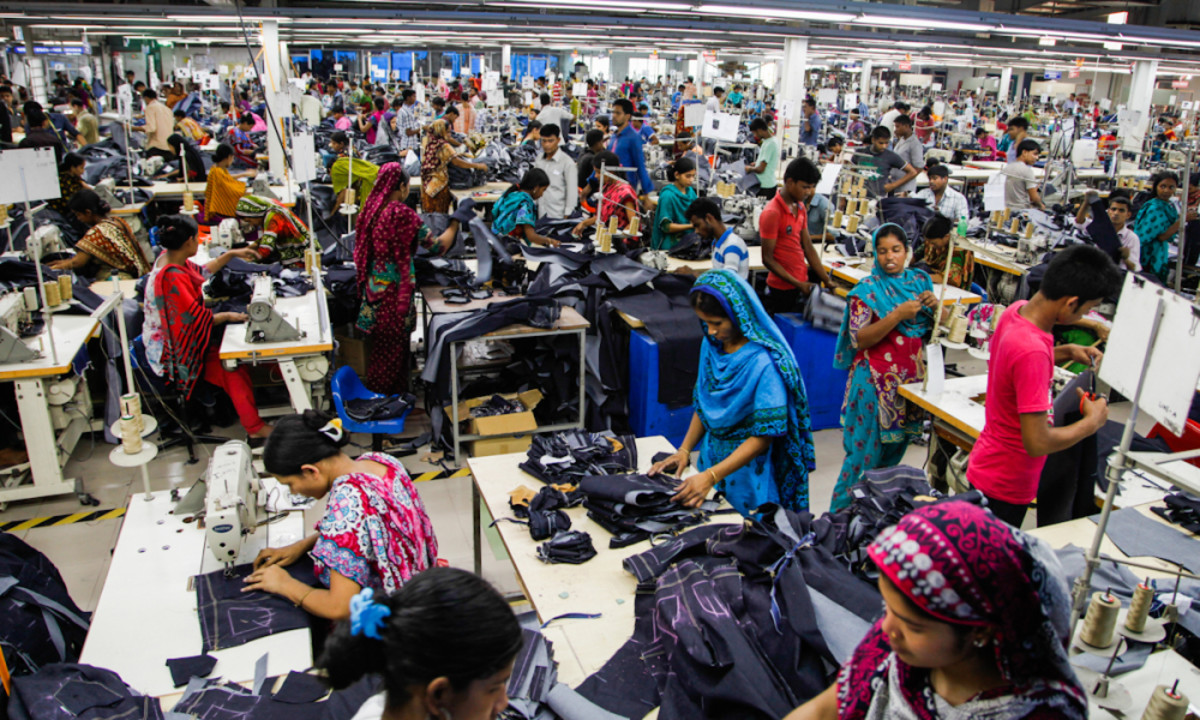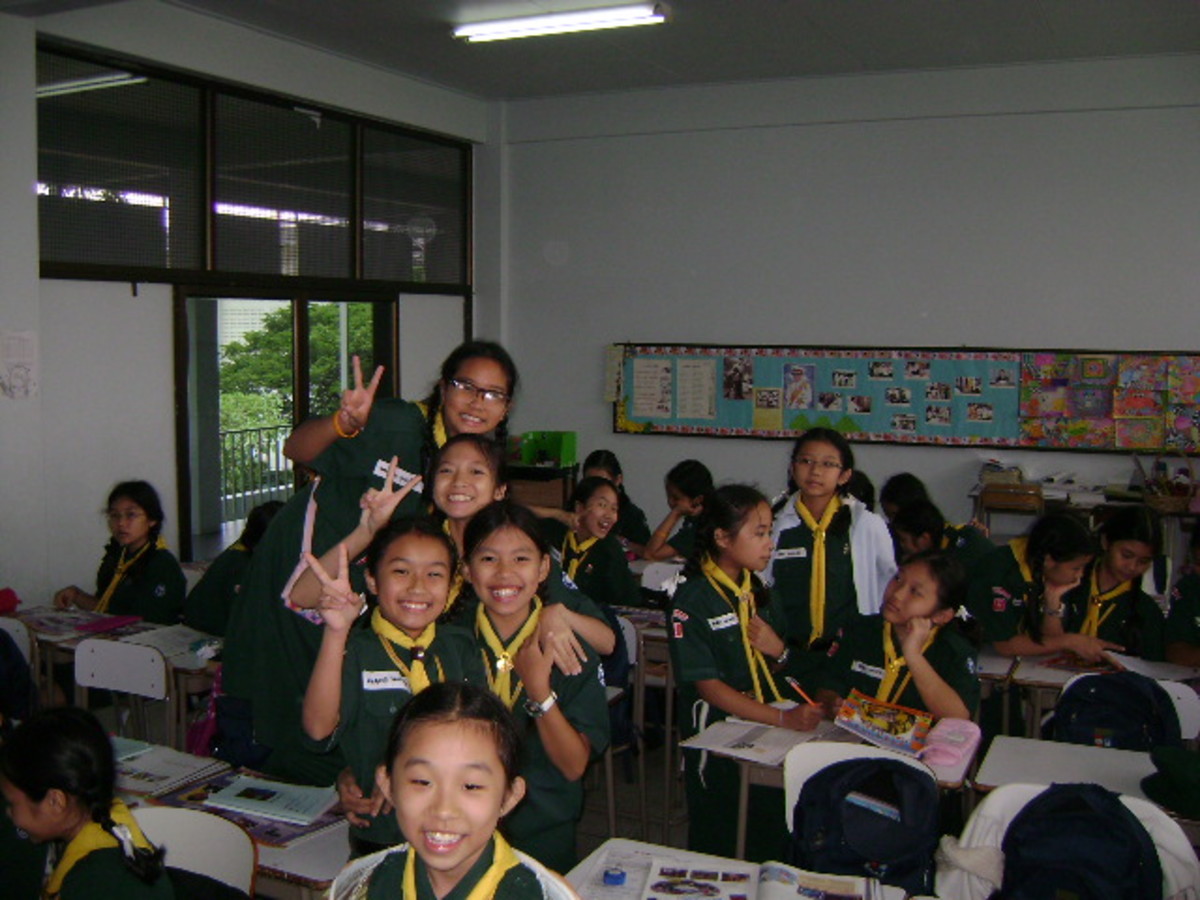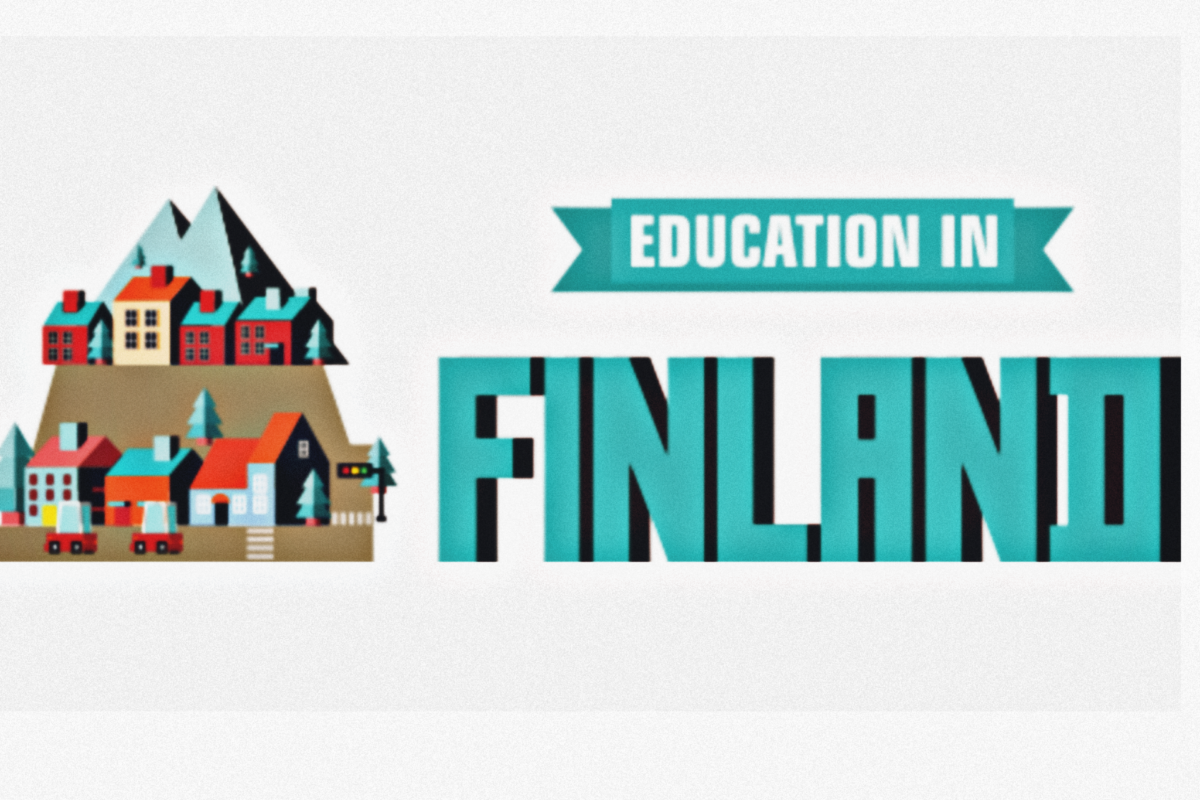Key to U.S. and Global Security: Educating Girls in Developing Countries
Introduction
One of the United States' greatest foreign policy challenges -- and, indeed, a serious challenge faced by many other nations -- is the threat of terrorism directed by non-state actors that originates in underdeveloped or otherwise fragile states.
The Current Defense Strategy of the U.S.
Here in the United States, our homeland security and defense strategy includes tactics such as ...
-
Military operations carried out in countries from which terrorist attacks originate.
-
Formal diplomacy and international exchanges of students and professionals.
-
Foreign aid to influence populations that are vulnerable to terrorist propaganda and recruitment.
- Foreign and military aid to allies struggling to contain internal, anti-American terrorist groups.
Each of these has its limitations, however. In countries and cultures plagued by poverty, lack of education, and vulnerability to anti-American propaganda (not to mention the brutal and lawless international legacy of the George W. Bush presidential administration), a military presence, not to mention military actions, may be seen by many outside of the U.S. not as American self-defense (or our defense of an ally) but, rather, as unwarranted aggression and empire-building.
Research has shown that such perceptions, combined with feelings of powerlessness, can lead disenfranchised young men, in particular, to join terrorist groups. [1] Thus, seeds for terrorism may continue to be sown. While military responses need to remain on the table as options, it is vitally important to investigate the effectiveness of other, non-military, tactics.
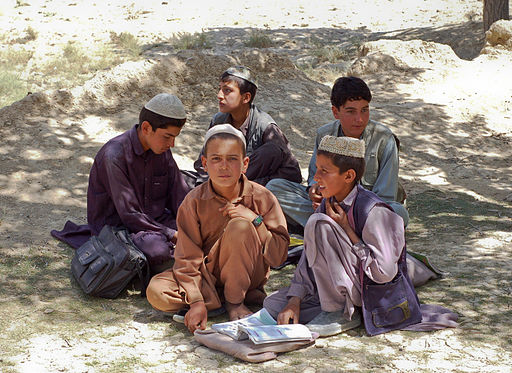
Foreign Aid, Diplomacy and International Exchanges
Foreign aid is not a long-term answer; for while it may underwrite much-needed infrastructure or otherwise alleviate various kinds of suffering, it does not address chronic systemic issues that block development and fuel terrorism:
- Crippling poverty
- Religious fanaticsm
- Political and social disenfranchisement
- Fear of cultural loss or purported "corruption" through exposure to western influences
Diplomacy and international exchanges can be used effectively with countries that seek mutually beneficial relationships, but they help governments and key individuals more than national populations.
Therefore, military intervention, diplomacy, and foreign aid are usually short-term solutions to problems whose roots may be thousands of years old.
Promising 21st-Century Security Tool: Educating Girls
However, promoting the education of girls in developing countries shows tremendous promise for securing long-term security -- not just for the U.S. but for the entire global community.
In developed countries, citizens take for granted the right to free education through high school, for boys and girls alike. But in many other parts of the world, education is neither free nor available to most children -- especially not to girls. They are excluded because of millennia-old beliefs in the inferiority of females -- in spite of the fact that, as a Chinese proverb says, “Women hold up half the sky.”
In 2003, Melinda French Gates (the Bill & Melinda Gates Foundation) highlighted the problem -- and the solution -- when she said:
How does a girl become strong? How does she enact change? How does she grow into a strong woman? It begins with a step that sounds simple, but isn’t. She finds her voice. A woman with a voice is by definition a strong woman. But the search to find that voice can be remarkably difficult. It’s complicated by the fact that in most nations women receive substantially less education than men. In fact, in the developing world, the majority of women don’t receive an education at all. [2]
From the late 1990s onward, leaders such as former U.S. Secretary of State Hillary Clinton [3] and humanitarian Greg Mortenson, best-selling author of Three Cups of Tea and Stones into Schools [4] and founder of the Central Asia Institute, have taken on the challenge of making education for girls a priority in developing countries just as it is a right in developed ones.
More recently, well-documented reports about the remarkable impact of educating girls in developing countries, along with active advocacy for these efforts by Hillary Clinton and "policy entrepreneurs" such as Mortenson, Nicholas Krishof (New York Times columnist and co-author of Half the Sky [5]), and Melinda Gates have attracted the attention of the U.S. military as a promising means of eliminating root causes of terrorism.
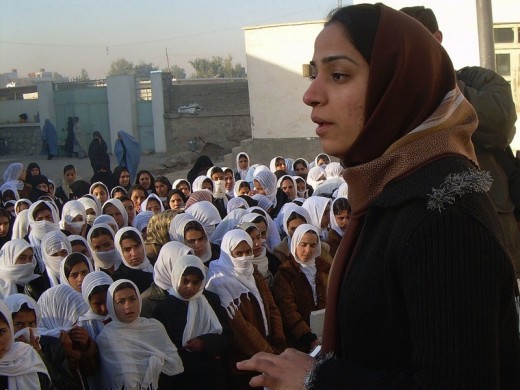
Educating Girls Is the Single Most Powerful Factor in Advancing a Society
Economists, social scientists, and global health experts agree that education for girls, more than any other single factor, advances a country in numerous, lasting ways. [6] Studies show that with even a few years of primary education, women have more vocational options; have smaller, healthier, and more sustainable families; and are much more likely to send their own children to school.
And if a girl's education continues to the secondary level, she will be even better equipped to make informed choices about her life -- and she will take more of a decision-making role in her family and community. [7]
Former Secretary of State Hillary Clinton has spoken repeatedly about the powerful impact of investing in girls. In particular, a 100-country study indicated that educating girls tends to promote democracy, and that educated women are three times as likely to participate in political meetings. [8] This is significant since, in general, women are less likely to pursue war as a solution or to condone acts of violence, much less terrorism.
Greg Mortenson: Builder of Hundreds of Schools for Girls
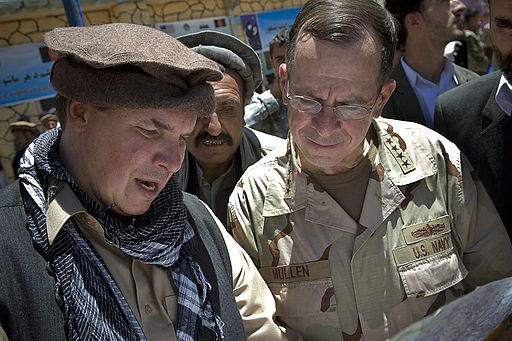
Greg Mortenson, whose books eloquently detail the work of his foundation, Central Asia Institute, in raising money for, and building, hundreds of schools for girls in Pakistan and Afghanistan, maintains that using military force to fight terrorism originating in fragile or underdeveloped countries only perpetuates a cycle of violence.
Mortenson also questions the value of foreign aid alone, saying, "You can drop bombs, hand out condoms, build roads, or put in electricity, but unless the girls are educated, a society won't change." [9]
While some may question Mortenson's assertion that military responses to terrorism are self-defeating, his stance on the importance of educating girls in order to change troubled societies is backed by sound research. Moreover, his success in building schools in the very strongholds of the Taliban and Al-Qaeda has attracted the active interest of U.S. Army Generals Stanley McCrystal and David Petraeus, and the Joint Chiefs of Staff, to the conflict-abating potential of educating girls.
Conclusion
The U.S. Department of Defense would do well to investigate the ways in which we could support the efforts of the U.S. State Department, its international development arm -- USAID -- and other pertinent U.S. agencies and non-governmental organizations to promote and facilitate education for girls in developing countries -- especially those that are breeding grounds for terrorism.
In doing so, we should work to frame the issue in terms of the proven economic, social, and health benefits that will result -- rather than as a human rights issue -- as the latter stance has often antagonized those we are seeking to persuade.
Strong support for a U.S. policy that promotes the education of girls in developing countries has great promise for helping our long-term defense strategy to:
- Be successful in eliminating the roots of anti-American terrorism.
- Save lives and money.
- Produce lasting, globally beneficial results.
Young Activist Malala Yousafzai Delivers Powerful Speech to Student Delegates at the United Nations (7/12/13)
Reader Question
Do you support any organizations that work to educate girls in developing countries?
Organizations Advancing the World, One Girl at a Time
- Afghan Institute of Learning
- Akili Dada
- American Assistance for Cambodia
- BRAC
- Camfed
- CARE
- Central Asia Institute
- Developments in Literacy
- Educate Girls Globally
- Girls Helping Girls
- Girls Learn International Inc.
- The Girl Effect
- Girl Up
- Global Fund for Women
- Mama Cash
- Massai Girls Education Fund
- United Nations Girls' Education Initiative
FOOTNOTES
- "55 Trends Now Shaping the Future of Terrorism." The Proteus Trends Series, Volume 1, Issue 2. Forecasting International Inc. February 2008. http://www.carlisle.army.mil/proteus/-docs/55-terror.pdf (accessed July 26, 2013).
- Gates, Melinda French. Speech at the annual luncheon of Powerful Voices, October 16, 2003. http://www.gatesfoundation.org/speeches-commentary/-Pages/melinda-gates-2003-powerful-voices.aspx (accessed January 28, 2011).
- “Secretary Clinton Announces the 'Secretary's International Fund for Women and Girls,'" http://www.state.gov/r/pa/prs/ps/2010/04/140982.htm (accessed August 3, 2013). Also, P.J. Aroon, “Clinton Decries Poison-Gas Attacks on Afghan Schoolchildren,” September 1, 2010, http://hillary.foreignpolicy.com/category/-topic/education, accessed January 14, 2011.
- Saeed Qureshi, “Greg Mortenson — A Role Model Humanitarian,” http://saeedqureshi42.blogspot.com/2010/10/greg-mortenson-role-model-humanitarian.html (accessed August 3, 2013).
- Nicholas Kristof and Sheryl Wudunn. 2009. Half the Sky: Turning Oppression into Opportunity for Women Worldwide [e-book]. New York: Alfred A. Knopf.
- "Women do 66% of the world’s labor in return for less than 5% of its income. For every one year increase in education of women of reproductive age, child mortality has decreased by 9.5%. And, providing girls one extra year of education beyond the average boosts their eventual wages by 10-20%. A child’s probability of survival is increased 20% when household income is controlled by the mother rather than the father." Garrans, Yvette. "Investing in Women and Girls: Access to Rights and Resources." November 15, 2010. Global Washington. http://globalwa.org/tag/bill-melinda-gates-foundation (accessed January 28, 2011).
- Organization for Economic Co-Operation and Development, “Investing in Women and Girls,” http://www.oecd.org/document/23/0,3746,en_-2649-_34447_46041815-_1_1_1_1,00.html (accessed January 28, 2011).
- Hertz, Barbara and Gene B. Sperling. 2004. "What Works in Girls' Education: Evidence and Policies from the Developing World." The Council on Foreign Relations (New York).
- Winslow, Megan V. (March 30, 2009). "Nobel Nominee Shares Detour to Quest to Change World". Palm Beach Daily News. p. 1. Quoted in "Greg Mortenson." Wikipedia. http://en.wikipedia.org/wiki/Greg_Mortenson (accessed July 26, 2013).



